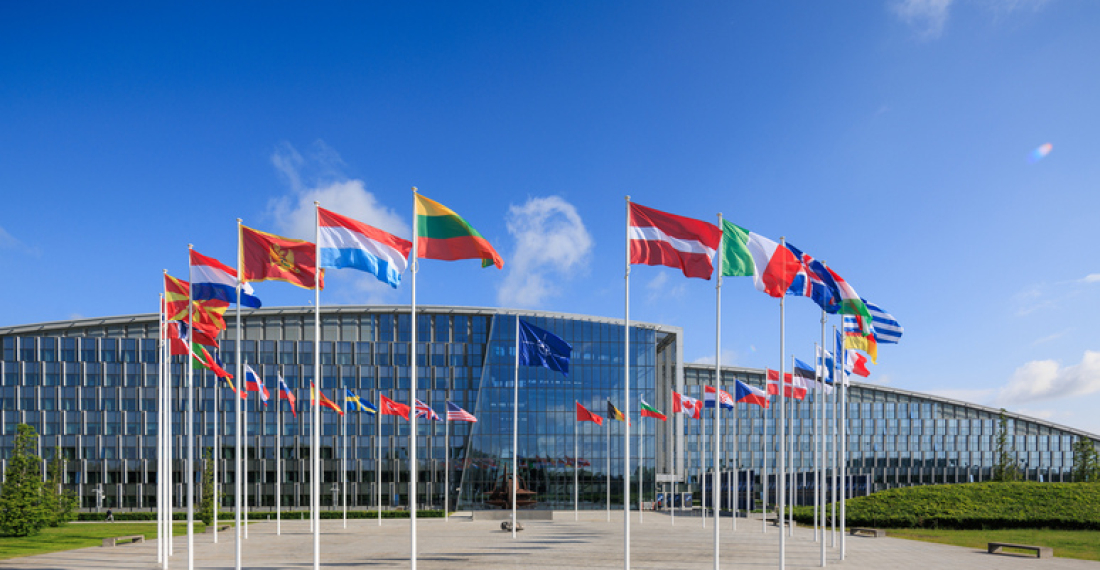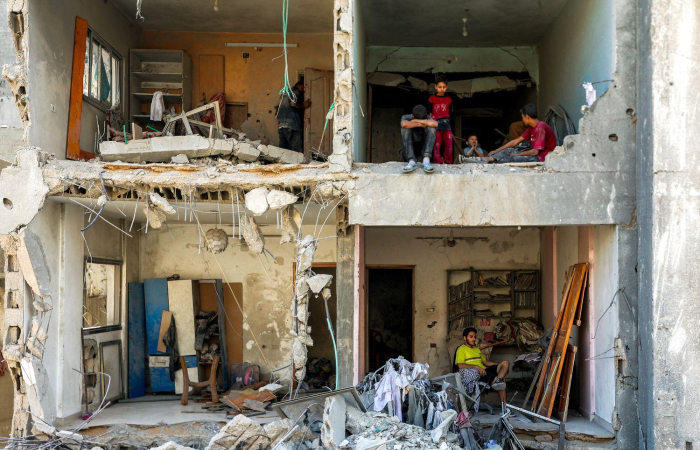The UN Secretary General, Antonio Guterres, is the world’s most senior civil servant. His words, especially in the last year, have been tense, terse and delivered with a sense of urgency, as he tries to convey to world statesmen, and the world public, the need for urgent, large-scale action to deal with the global problems that seem to be overwhelming the world body. The challenges are enormous, and the response, if it is to be effective, has to be proportionate in size and scope.
Many people carry on with their lives, oblivious to the dangers around them, with war raging in Ukraine, Gaza, Sudan, Myanmar, and elsewhere. On top of this, the time to speak about climate problems in abstract terms is over, yet the world is now more divided about what to do next on climate change than ever.
Among those who are aware and awake, there is a sense of helplessness and despair. The world is in a mess, but it is not the time to despair or give up. If we want to stop and reverse the rot we must all contribute.
This week a conflict erupted between Thailand and Cambodia. Again, those killed were mainly civilians caught in the crossfire. The two countries are members of ASEAN, an organisation that has in the past prided itself on being able to resolve peacefully problems between its members. Within forty-eight hours, a hundred and fifty thousand civilians had been displaced as a result of the conflict.
The conflict between Thailand and Cambodia is a border conflict, and is not “new”. Its roots go back a hundred years, and are the result of artificial, European, border demarcation that failed to understand, let alone take into account, local sensibilities. There are hundreds of such outrageous actions all over the world.
Whilst the Thailand-Cambodia conflict is not new, what is new is the sense prevailing around the world that force can solve problems. As the UN weakens, and countries that are supposed to be guarantors of global peace as permanent members of the UN Security Council, such as Russia, indulge in naked aggression, a free-for-all risk plunges the world into chaos.
The UN is currently marking its 80th anniversary, the Charter having come into force in October 1945. The organisation seems to be in gridlock, and facing multiple challenges, as countries abandon multilateralism and avoid diplomacy as a tool for resolving disputes
Addressing the UN Security Council last week, Guterres said that “Peace is a choice. And the world expects the UN Security Council to help countries make this choice“. The Secretary General remarked that “Competition between states is a geopolitical reality. But cooperation — anchored in shared interests and the greater good — is the sustainable pathway to peace. Too often, we see divisions, entrenched positions and escalatory discourse blocking solutions and the effectiveness of the Council”, he said.
He added, “This Council’s members, in particular its permanent members, must continue working to overcome divisions. The majority of situations on the Security Council’s agenda are complex and resist quick fixes. But even in the darkest days of the Cold War, the collective dialogue and decision-making in this Council underpinned a common and effective system of global security. One that successfully deployed a range of peacekeeping missions. One that opened the door for vital humanitarian aid to flow to people in need.And one that helped prevent a Third World War. I urge you to summon this same spirit by keeping channels open, continuing to listen in good faith, and working to overcome differences and build consensus.”
Unfortunately, Guterres' words are likely to fall on deaf ears. But the UN is the place to start. It has become too large, too cumbersome, and decision-making is too archaic. The world needs a slimmed-down world body with a Security Council at the top which is more reflective of the reality of 2025, not 1945.
Europe is on the eve of a massive rearmament campaign. This is unpleasant but necessary. Hitler had to be stopped in 1939, and Putin has to be stopped in 2025. But Europe has other tools at its disposal, and it must use them all, including soft power.
The US is in no position to lead in this process. Its decision last week to leave UNESCO is just one example of its erratic behaviour. With Russia marginalised because it invaded Ukraine, it falls on China and the EU to spearhead the process.
The EU-China summit held in Beijing on Thursday (24 July) exposed the big differences between them. Yet it is also clear that both, for different reasons, want to stabilise the international system, and both remain committed to the core idea of the United Nations. The EU and China may therefore offer the basis from which a new conversation on the UN can start.
Civil society and the media must be more efficient in holding governments to account, and they must work with parliaments when possible.
Peace is also not something that can be left entirely to the military or politicians. Europe must not squander the wealth of knowledge, experience and energy in civil society on a broad range of topics and issues in the international sphere. The shrinking of resources for this work, and the manipulation of the depleted resources to fit the immediate agenda of governments is short-sighted and harmful.
In the end, citizens all over the world need to understand, if they want a better world they have to work for it. They must not give up.






